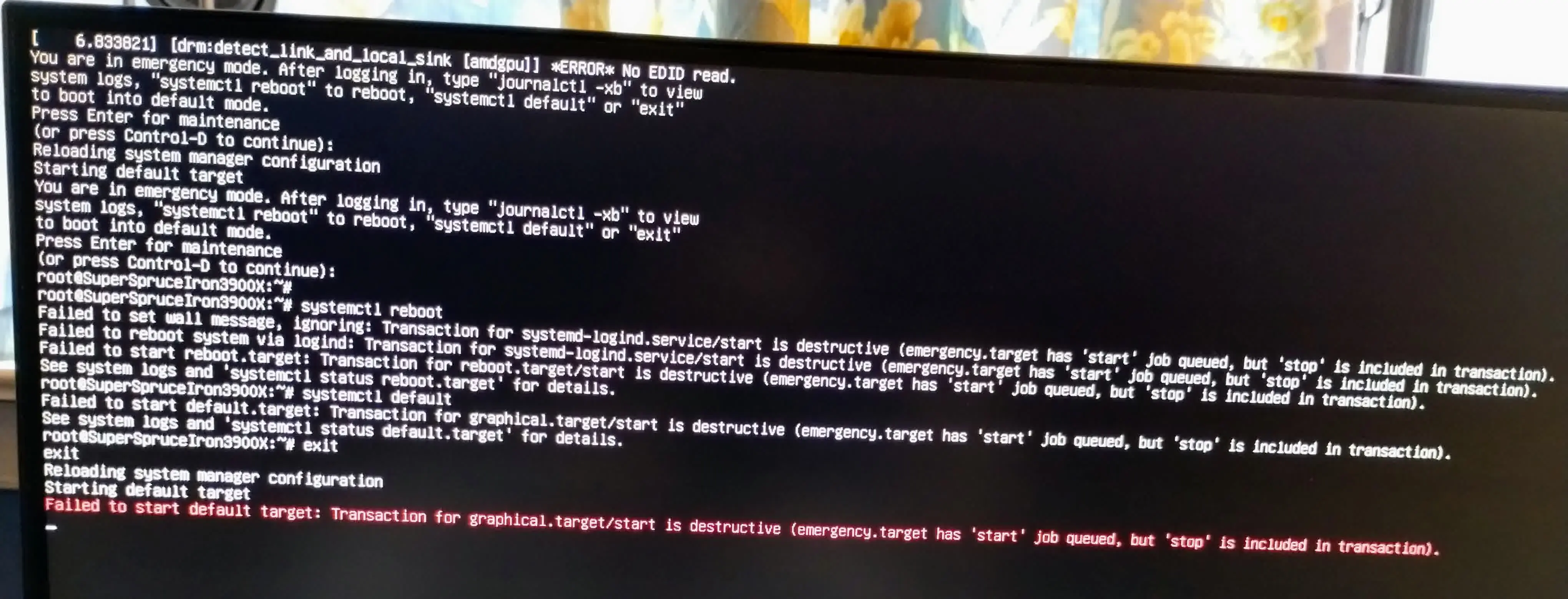this post was submitted on 21 Dec 2023
56 points (91.2% liked)
Linux
48696 readers
1163 users here now
From Wikipedia, the free encyclopedia
Linux is a family of open source Unix-like operating systems based on the Linux kernel, an operating system kernel first released on September 17, 1991 by Linus Torvalds. Linux is typically packaged in a Linux distribution (or distro for short).
Distributions include the Linux kernel and supporting system software and libraries, many of which are provided by the GNU Project. Many Linux distributions use the word "Linux" in their name, but the Free Software Foundation uses the name GNU/Linux to emphasize the importance of GNU software, causing some controversy.
Rules
- Posts must be relevant to operating systems running the Linux kernel. GNU/Linux or otherwise.
- No misinformation
- No NSFW content
- No hate speech, bigotry, etc
Related Communities
Community icon by Alpár-Etele Méder, licensed under CC BY 3.0
founded 5 years ago
MODERATORS
you are viewing a single comment's thread
view the rest of the comments
view the rest of the comments

You're welcome to use whatever init system you want, but Systemd solves a lot of the bullshit problems and limitations that come from init.d init scripts. Systemd also has a lot of its own bullshit and bloat, but it does an excellent job at actually being an init system and service manager if you know how to properly use it.
So do the other ~7 init systems developed since then. And, as far as i know, all of them print their relevant trouble directly to stderr. Who cares about SysV still?
Hey guys, why all the downvotes? Systemd is known for throwing all the irrelevant stuff at you, making it troublesome to debug. Which is why i switched. And i can confirm: Runit, S6, OpenRC and even simple Dinit are way better in that regard (and they do make less trouble generally).
Almost everything you said is mere brochureware perpetuated by a tribe stronger than the vi mafia.
Sysvinit starts fast, starts well, and doesn't try to control mounts, cron, Getty, and everything else.
The"but it retries things" whine was a solved problem in 2001. So easy.
The EL6 machines I have in storage start faster than the el7 machines joining them. PCLinuxOS is a very valid non-systemd system that only lacks a documented kickstart emulant.